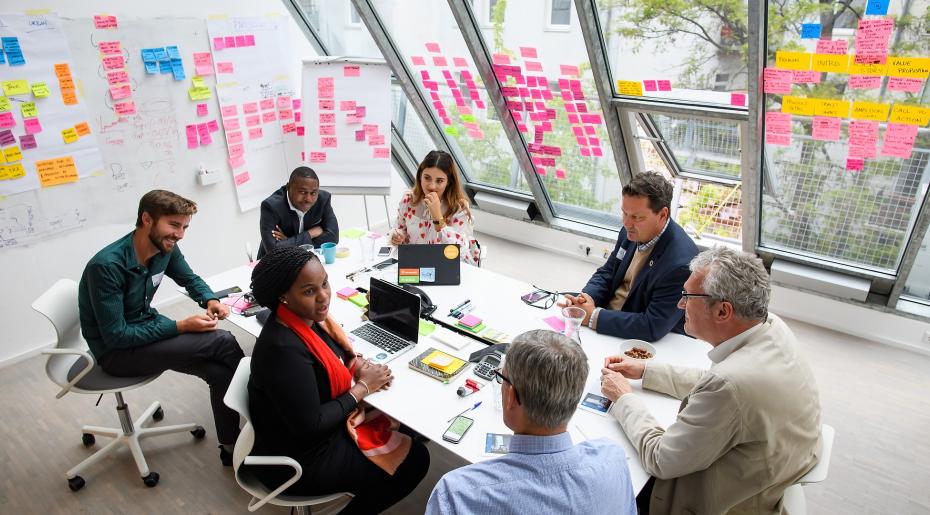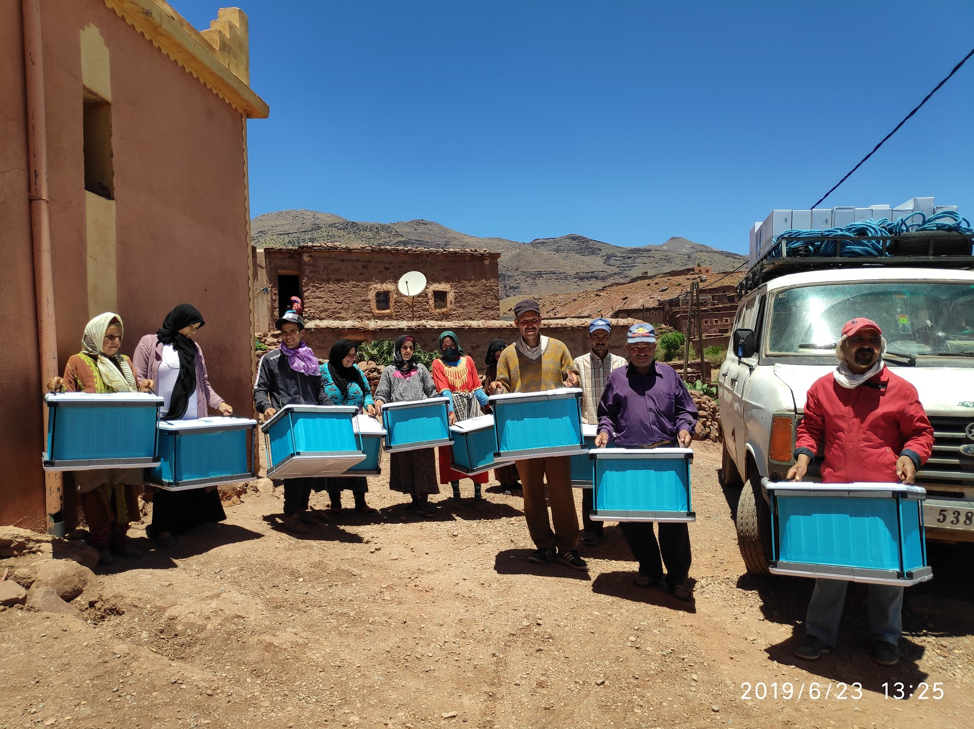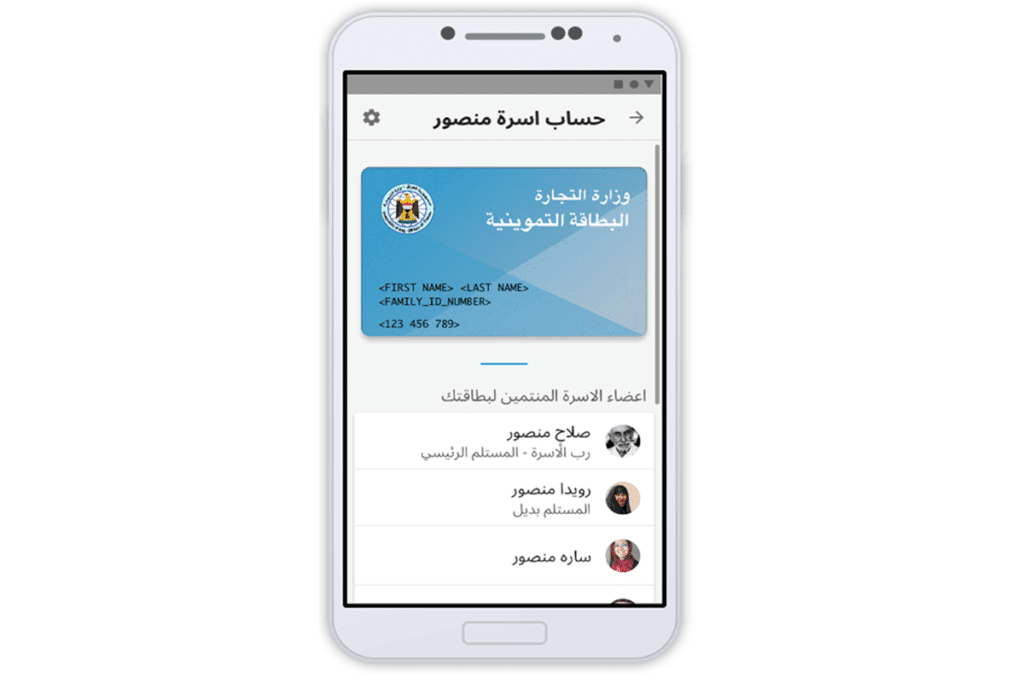Silicon Valley Bootcamp Start Ups Disrupt Global Hunger

In October 2019, WFP Innovation Accelerator is coming to Silicon Valley for the first time! WFP facilitators will meet early-stage innovation teams at Google Headquarters in San Francisco, California, and introduce them to innovation techniques such as lean start-up and human-centered design.
These humanitarian start-ups are WFP innovators who will showcase their ideas to international investors, corporate decision-makers and others from the Silicon Valley community in an effort to receive funding and business support for their game-changing ideas. The goal is to discover transformative projects that can be implemented to disrupt hunger and help some of the people in greatest need.
Meet the Six Early Stage Teams
This Innovation Accelerator includes a bootcamp where most early stage innovators begin their journey, taking their idea from abstract to prototyping. Over five days, innovation and humanitarian experts help start-up teams deep-dive challenges, ideate solutions and refine project plans. Bootcamps combine innovation techniques, such as human-centered design, with WFP’s deep-field knowledge and operational excellence.
1. (gr)ATM

In response to the needs of the beneficiaries and the challenges faced by the government in distributing food grain subsidies, WFP India proposes to design, develop and pilot an automated multi-commodity grain dispensing and procurement solution. (gr)ATM is a kind of “grain ATM” and is proposed to be piloted in 15 locations.
2. GrainMate

Moisture can kill even a good harvest when grain goes into storage. GrainMate is an affordable moisture monitor to help reduce post-harvest losses. The $100 retail price and an innovative business model to trade grain products for the GrainMate tool creates accessibility for small-scale farmers.
3. HungerMapLIVE

WFP has developed a global hunger monitoring system to help assess, monitor and visualize the severity and scope of hunger in over 90 countries. HungerMapLIVE pulls together key metrics – such as food security information, weather, population size, conflict, hazards, nutrition information and macro-economic data – to predict and monitor the food security situation in near real-time. The resulting analysis is displayed on an interactive map that helps WFP staff, key decision makers and the broader humanitarian community to make more informed and timely decisions on food security.
4. Fenik

Effective storage is a part of food security which is often dependent on technical infrastructures not available in underdeveloped or conflict-affected areas. Fenik is an effective, scalable, electricity-free, mobile-refrigeration solution. By solely using water, Fenik creates low-cost, easily portable food coolers that address the problem of food storage in extreme environments and places that have no electricity.
5. PDS Digital Identity

Iraq’s largest social safety net, PDS, distributes flour, rice, oil and sugar, but its paper-based system results in errors and gaps in service delivery. PDS Digital Identity proposes to develop a “myPDS” mobile app to provide a digital identity for citizens, which can help prioritize aid delivery to the most vulnerable, and allow citizens to self update personal information on Iraq’s national ID system, further providing potential for interoperability in the administration of other social, health or resource distributions.
6. Roambee
Roambee is a global Internet of Things (IoT) data company that puts you in control of your things on demand — goods, equipment, or valuable assets — located indoors, outdoors, and in-transit.
Roambee is impacting cost and risk for hundreds of enterprises in manufacturing, logistics, supply chain, transportation, finance and aerospace by addressing “sensing” to “making sense” to “acting upon” their data.
Pitch Night
The Innovation Accelerator bootcamp will end with an exciting Pitch Night event on Oct. 15, 2019. Follow WFP USA on YouTube to watch the event stream live.




